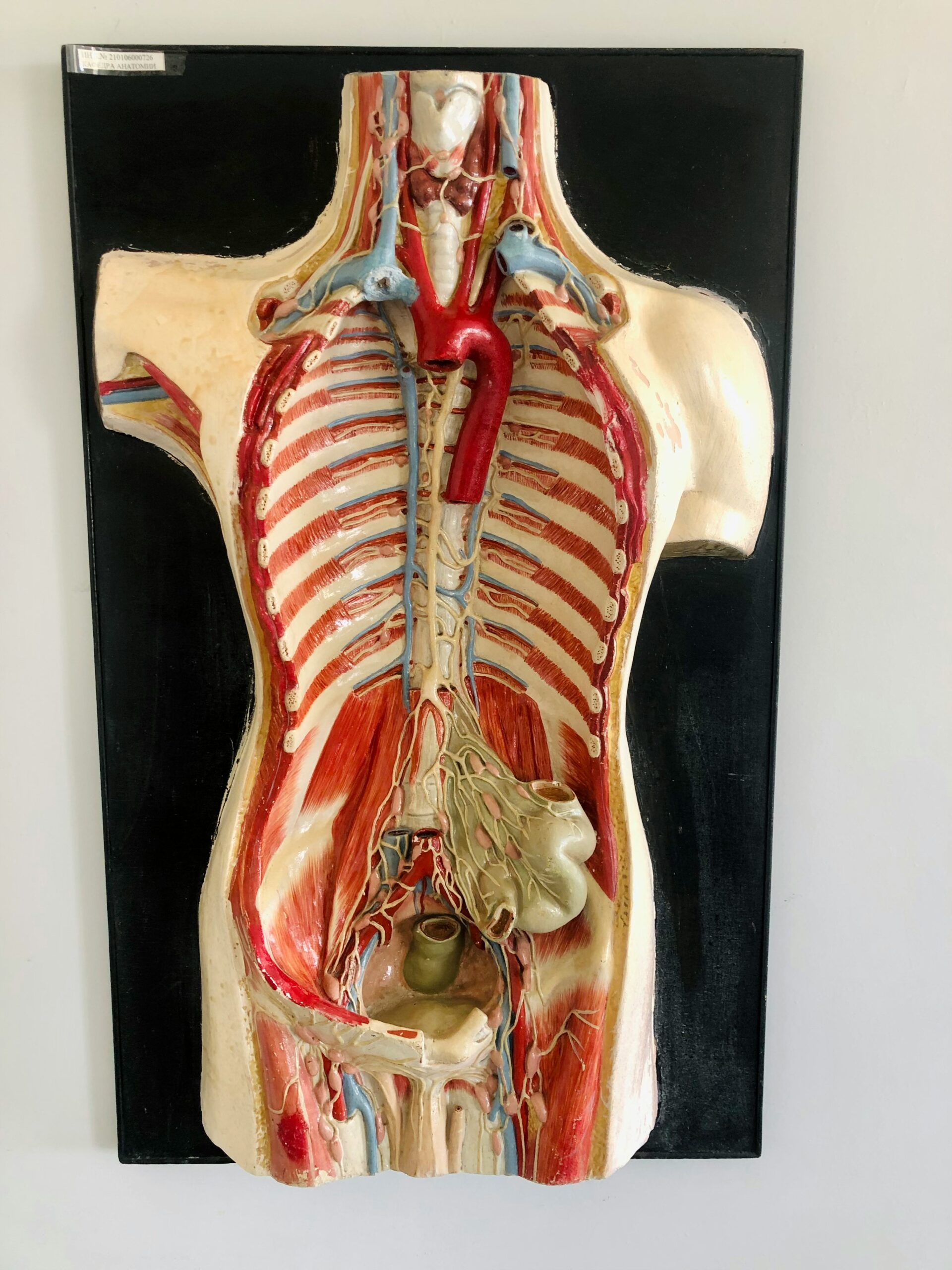Key to a Long Life: The Power of Conscientiousness

Pixabay Photo
Living a fulfilling and long life is a dream that many of us share. We often search for the secrets to longevity in the hopes of unlocking the key to a healthy and vibrant future. Positive thinking has been touted as the ultimate solution, but recent research suggests that there is another personality trait that plays a crucial role in determining our lifespan – conscientiousness.
According to the latest studies, the number of centenarians in the United States has doubled in the past decade.
These remarkable individuals have managed to defy the odds and live well beyond the average life expectancy. When asked about their secret to a long life, many of them attribute their longevity to their positive attitude.
However, renowned personality psychology expert, Professor David Watson, from the University of Notre Dame, challenges this belief.
Professor Watson argues that the effects of positive thinking on longevity are often overrated. Instead, he suggests that conscientiousness is the personality trait that holds the key to a longer and healthier life. Being conscientious means being organized, disciplined, and responsible. These qualities enable individuals to take better care of themselves and make healthier choices.
Conscientiousness is closely linked to various aspects of a person’s lifestyle, including their eating habits, exercise routines, and overall health behaviors.
Research has consistently shown that conscientious individuals tend to have better dietary habits, opting for nutritious and balanced meals. They are also more likely to engage in regular exercise and adopt healthier lifestyle practices that contribute to their overall well-being.
One of the reasons why conscientious individuals tend to live longer lives is their ability to prioritize self-care.
They are more likely to schedule regular check-ups and screenings, ensuring that any potential health issues are detected early on. By being proactive about their health, conscientious individuals can often prevent or manage medical conditions more effectively.
Moreover, conscientiousness extends beyond physical health.
It also plays a significant role in maintaining emotional well-being.
Conscientious individuals are more likely to practice stress management techniques, such as meditation or mindfulness, which can have a profound impact on their mental health. By prioritizing self-care and emotional well-being, they are better equipped to handle life’s challenges and maintain a positive outlook.
So, how can we cultivate conscientiousness in our own lives?
It starts with small, manageable steps. Here are some strategies to help you develop this essential trait:
- Set goals and prioritize: Create a list of short-term and long-term goals that align with your values and aspirations. Prioritize these goals and break them down into actionable steps.
- Practice self-discipline: Train yourself to follow through on your commitments and stay focused on your goals. This may involve creating daily routines, setting reminders, or seeking an accountability partner.
- Take care of your physical health: Prioritize regular exercise, eat a balanced diet, and get enough sleep. These habits not only contribute to physical well-being but also enhance cognitive function and emotional resilience.
- Be proactive about your mental health: Engage in activities that promote relaxation and stress reduction. This can include practicing mindfulness, journaling, or seeking professional support when needed.
- Cultivate self-awareness: Take time to reflect on your thoughts, emotions, and behaviors. Develop a deeper understanding of yourself and how your actions align with your values.
Incorporate these strategies into your daily life. You can gradually develop conscientiousness and enjoy the benefits it brings.
Remember, it is never too late to start cultivating this essential trait. Each step you take towards becoming more organized and disciplined is a step toward a healthy, fulfilling, and long life.









